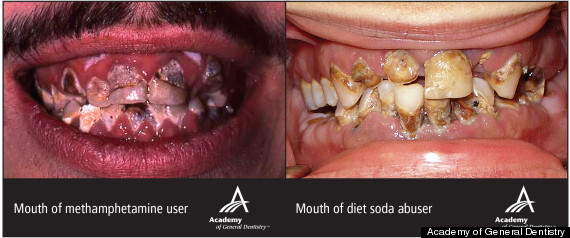Why is green tea good for you?
 Whether in capsule, tea bag, or loose, the chatter on the health benefit of green tea is cacophonous. LTR can’t figure out why black or pu-erh doesn’t get the same buzz, but here’s the skinny on green tea:
Whether in capsule, tea bag, or loose, the chatter on the health benefit of green tea is cacophonous. LTR can’t figure out why black or pu-erh doesn’t get the same buzz, but here’s the skinny on green tea:
Green tea, unlike black tea, is minimally oxidized, which is why it’s called green tea. Remember that tea leaves are a plant and have nutrients. Once the leaves are processed, the chemical composition of the plant changes. Think cucumbers to pickles or raw to cooked spinach, to be simplistic., Tea leaves undergo a transformation when they become green, oolong, black or pu-erh While all teas have anti-oxidants in various proportions, green tea has a higher concentration of polyphenol catachins, most notably epigallocatechin-3-gallate (EGCG (above) and also the amino acid theanine.
Scientific studies on green tea have linked EGCG to cancer prevention, cardiovascular health, weight loss, just to name a few health benefits. In a meta-analyis, Jin-Min Yuan, a leading cancer epidemiologist at U. of Pittsburg, found that drinking green tea reduced the risk of certain cancers, most notably those of the upper digestive tract cancers. He also found that alcohol and ciggies undid the good work of drinking green tea. Texas scientist Leslie Shen found that post-menopausal women at risk for osteoporosis had improved bone mass after taking green tea capsules, compared to a similar group who took a placebo. In the Netherlands, researcher Rick Hursel did a meta-analysis on green tea and weight loss. He found that subjects who took green tea/caffeine capsules burned 100 calories in 24 hours. In another study of weight loss and maintenance, subjects who took green tea capsules lost an average of a kilo over a 12 week period. Caffeine also played a role: Those who added more than 300 mg (about 18oz) a day to the green tea capsule regimen lost less.
Green tea also improves mental sharpness. In Japan, tea was prized as aid by monks during long hours of meditation. L-theanine, an amino acid that counteracts the jingle-jangle of caffeine, is in all tea in different strengths, most notably in Japanese green tea.
Wouldn’t you rather drink something that will improve your health, keep you awake but not hyper and taste delicious?



